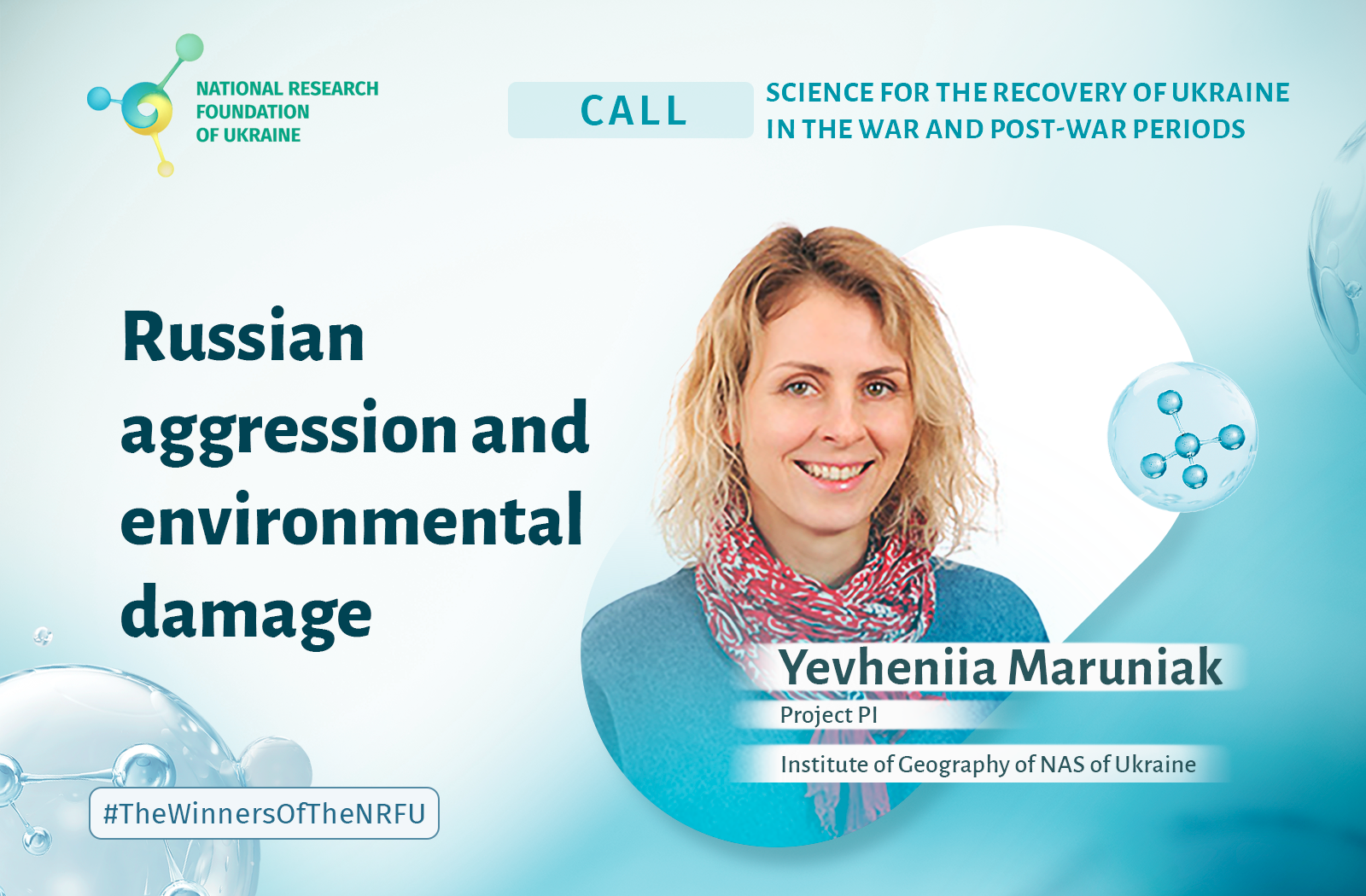Dear researchers!
We are pleased to inform you that the NSF offers a number of opportunities for international cooperation. These opportunities can be explored by Ukrainian researchers and managers to promote potential collaborations between Ukrainian and USA researchers by using existing funding mechanisms of NSF.
MORE ABOUT THE INITIATIVES
1. Any proposal submitted to NSF (any program, any division, any directorate) can include an international collaborative effort integrated in the research project.
These proposals are submitted to disciplinary programs across NSF.
2. There are OISE programs that require international collaborations.
Currently, such programs, for example, are
a. IRES (International Research Experience for Students)
b. AccelNet (Accelerating Research through International Network-to-Network Collaborations)
c. PIRE (Partnerships for International Research and Education)
3. Any awardee of a funded NSF project is eligible for requesting a modest supplement for establishing a new international collaboration.
Principal Investigators need to call their Program Director to make an inquiry regarding submission of the supplement.
4. There are also special types of proposals, for example:
a. RAPID (Rapid Response Research)
RAPID is a type of proposal used when there is a severe urgency with regard to availability of or access to, data, facilities or specialized equipment, including quick-response research on natural or anthropogenic events and similar unanticipated occurrences. Prior to submission of a RAPID proposal, PI(s) must contact the NSF Program Officer(s) whose expertise is most germane to the proposal topic to ascertain that submission of a RAPID proposal is appropriate. This will facilitate determining whether the proposed work is appropriate for RAPID funding.
b. EAGER (EArly-concept Grants for Exploratory Research)
EAGER is a type of proposal used to support exploratory work in its early stages on untested, but potentially transformative, research ideas or approaches. This work may be considered especially “high risk-high payoff” in the sense that it, for example, involves radically different approaches, applies new expertise, or engages novel disciplinary or interdisciplinary perspectives. PI(s) must contact the NSF Program Officer(s) whose expertise is most germane to the proposal topic prior to submission of an EAGER proposal. This will aid in determining the appropriateness of the work for consideration under the EAGER proposal type; this suitability must be assessed early in the process.
c. RAISE (Research Advanced by Interdisciplinary Science and Engineering)
RAISE is a type of proposal that may be used to support bold, interdisciplinary projects whose:
• Scientific advances lie in great part outside the scope of a single program or discipline, such that substantial funding support from more than one program or discipline is necessary.
• Lines of research promise transformational advances.
• Prospective discoveries reside at the interfaces of disciplinary boundaries that may not be recognized through traditional review or co-review.
To receive funding as a RAISE-appropriate project, all three criteria must be met. RAISE is not intended to be used for projects that can be accommodated within other types of proposals or that continue well established practices. Prospective PIs must receive approval to submit a proposal from at least two NSF Program Officers, in intellectually distinct programs, whose expertise is most germane to the proposal topics.
For more detailed information please use the links below or visit the NSF official website: https://beta.nsf.gov/






